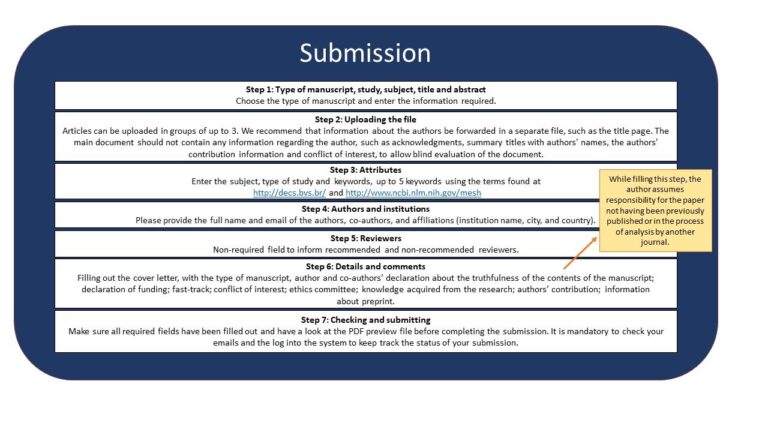Harnessing AI to Tackle Global Challenges: From Agriculture to Health in Africa
In a world increasingly defined by technological advancements, artificial intelligence (AI) is emerging as a powerful tool in addressing some of the most pressing challenges of our time. A recent feature in Nature highlights innovative AI applications that range from enhancing crop yields and preserving genetic diversity to revolutionizing breast cancer detection and analyzing climate data, all while focusing on the health burdens faced by African nations. As climate change, food insecurity, and healthcare disparities continue to escalate, AI offers a promising path that could help mitigate these crises. This article explores how these cutting-edge technologies can not only transform agriculture and health within the African context but also serve as a blueprint for sustainable development across the globe.
Harnessing AI to Revolutionize Crop Yields and Enhance Gene Diversity in African Agriculture
The integration of artificial intelligence in farming practices is unveiling transformative possibilities for African agriculture. By leveraging data-driven insights, farmers can optimize crop management, leading to higher yields and better resource allocation. AI tools can analyze multiple variables such as soil health, weather patterns, and pest occurrences to guide farmers in making informed decisions. The use of predictive analytics not only enhances productivity but also aids in reducing environmental impact through precise resource usage. This approach empowers local farmers to adapt to shifting climatic conditions, ensuring food security for the continent’s growing population.
Moreover, AI’s potential extends beyond yield optimization to the very foundation of agricultural diversity. By utilizing machine learning algorithms, researchers can explore gene variation within crops, thus fostering gene diversity crucial for resilience against diseases and climate change. This technology enables the rapid identification of valuable genetic traits that can be harnessed in breeding programs. Furthermore, through AI-driven gene editing techniques, scientists can develop crop varieties that are not only higher yielding but also more nutritious, directly addressing health concerns prevalent in many African regions. The combination of increased productivity and genetic diversity holds the key to revitalizing Africa’s agricultural landscape, ensuring sustainable growth and improving livelihoods across the continent.
Addressing Breast Cancer Disparities in Africa through AI-Driven Health Insights
In recent years, the integration of artificial intelligence in healthcare has emerged as a transformative force, particularly in the context of breast cancer treatment and prevention in Africa. Health disparities in this region, exacerbated by socioeconomic factors and limited access to medical resources, highlight the urgent need for innovative solutions. AI-driven health insights are paving the way for early detection and personalized treatment plans, tailoring approaches that consider genetic, environmental, and lifestyle factors unique to African populations. This technological revolution is not merely about improving outcomes; it is about equipping healthcare professionals with advanced tools that enhance diagnostic accuracy and treatment efficacy, thus addressing the inequities faced by women in underserved communities.
Several initiatives are now leveraging AI to analyze vast datasets from hospitals and research institutions, uncovering trends and patterns that were previously untapped. By focusing on key areas such as:
- Genetic predisposition to breast cancer
- Access to screening facilities
- Community health education
- Resource allocation for treatment centers
AI technologies can facilitate targeted interventions that resonate with local populations. The use of machine learning algorithms can help identify at-risk groups within African nations, enabling health authorities to devise culturally appropriate awareness campaigns and improve healthcare access. As this fusion of technology and medicine evolves, it holds the potential to substantially reduce breast cancer mortality rates and enhance overall health outcomes in the region.
Leveraging Climate Data to Mitigate Africa’s Burden of Disease and Improve Public Health Outcomes
In recent years, the integration of climate data with public health initiatives has emerged as a pivotal strategy to combat the profound burden of disease in Africa. By utilizing advanced algorithms and machine learning, health agencies can analyze climatic variables that influence the spread of infectious diseases such as malaria, cholera, and undernutrition. These insights enable proactive interventions tailored to specific regions and seasons. For instance, predictive models allow for the identification of potential outbreaks before they escalate, facilitating timely vaccination campaigns and resource allocation.
Moreover, capitalizing on climate data empowers local farmers and health workers to create sustainable strategies that enhance food security and, consequently, public health. Key applications of this approach include:
- Crop Planning: Accurate forecasting of weather patterns helps in selecting resilient crop varieties, thus improving nutrition.
- Risk Assessment: Understanding climatic impacts on vector populations leads to targeted disease surveillance efforts.
- Community Awareness: Informing communities about climatic effects fosters preventive behavior against climate-sensitive diseases.
In this way, a data-driven approach not only mitigates health risks but also fosters resilience against the overarching challenges posed by climate change.
Concluding Remarks
In conclusion, the intersection of artificial intelligence and critical global challenges presents both unprecedented opportunities and profound responsibilities. From enhancing crop yields and preserving genetic diversity in agriculture to improving breast cancer diagnostics and harnessing climate data for better health outcomes, the advancements driven by AI are paving the way for a more sustainable and equitable future. Particularly in Africa, where health burdens are compounded by socio-economic factors, the application of innovative technologies offers a beacon of hope. As researchers and policymakers alike strive to leverage these tools, it is imperative that ethical considerations guide their implementation, ensuring that progress benefits all sectors of society. As we move forward, fostering collaboration across disciplines and borders will be essential in navigating the complexities of health and environmental challenges. The urgency is clear: harnessing AI effectively could hold the key to addressing the pressing issues of our time.







